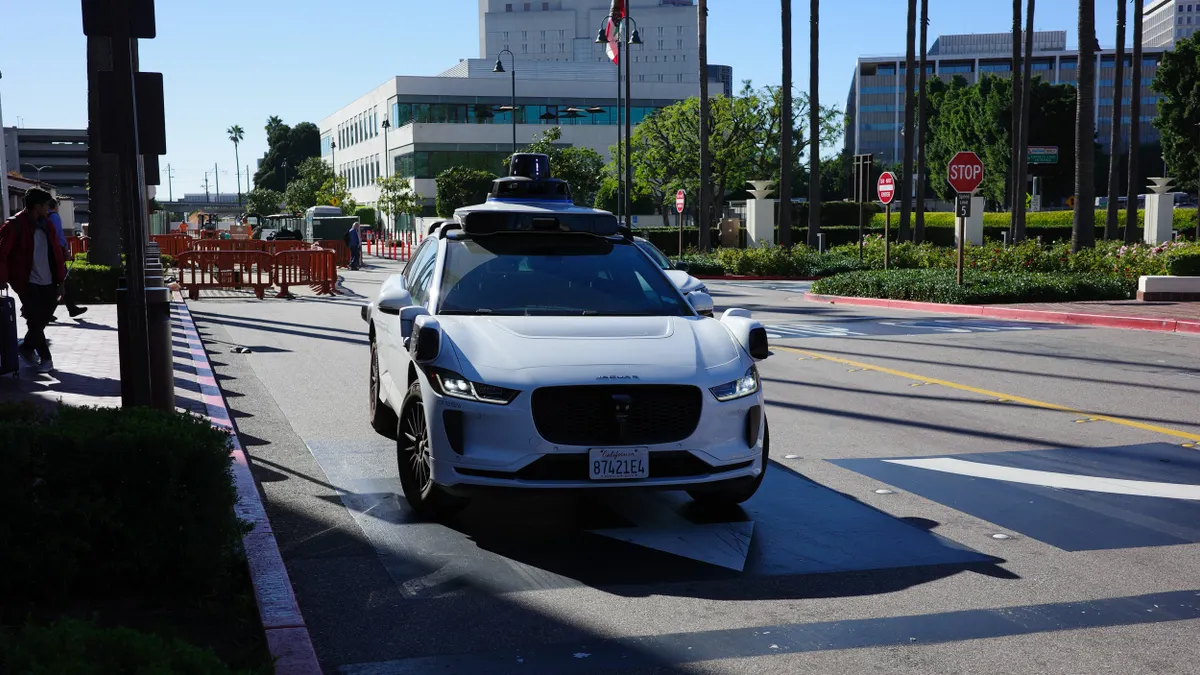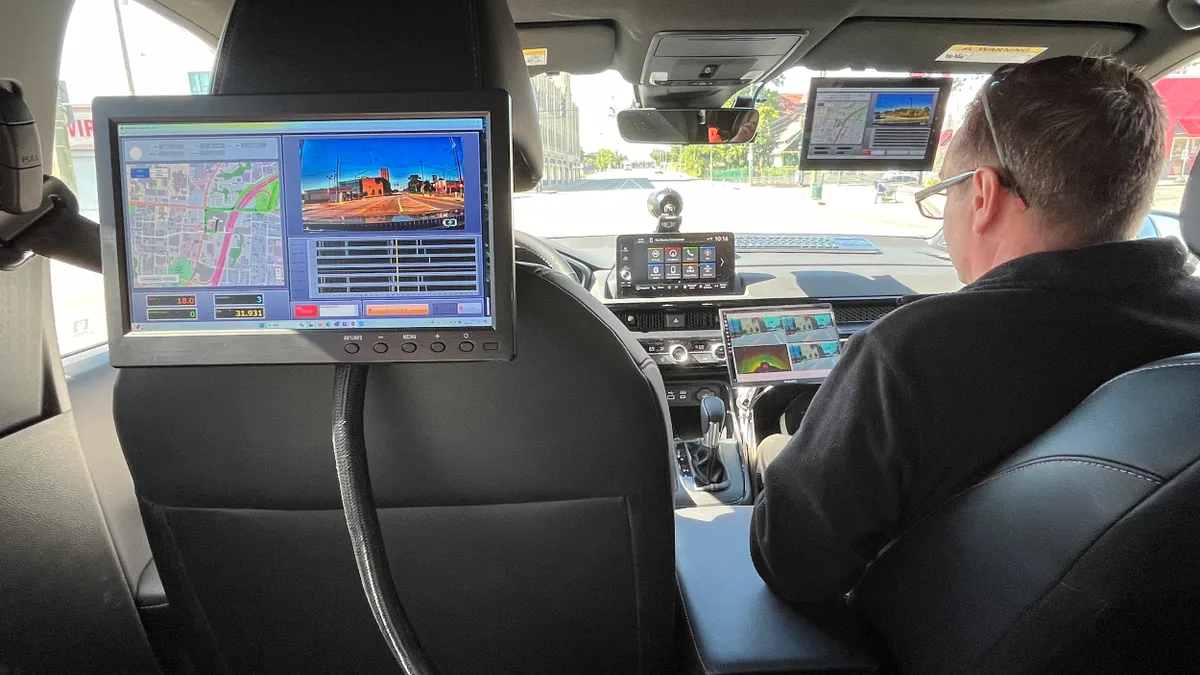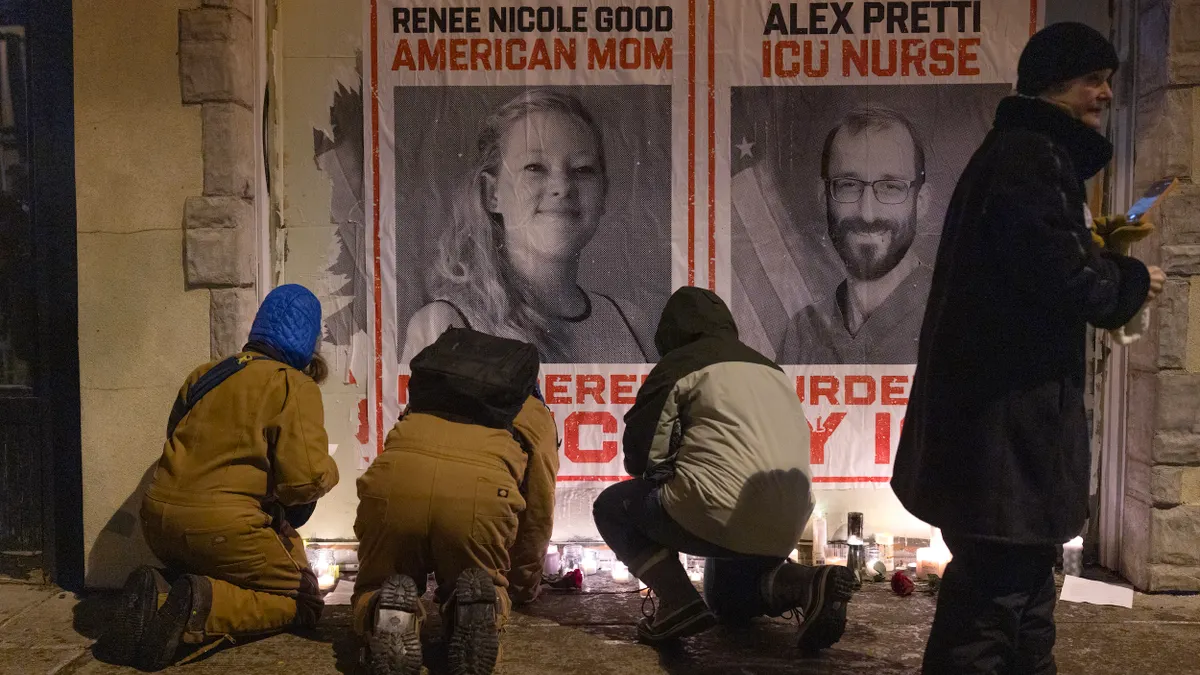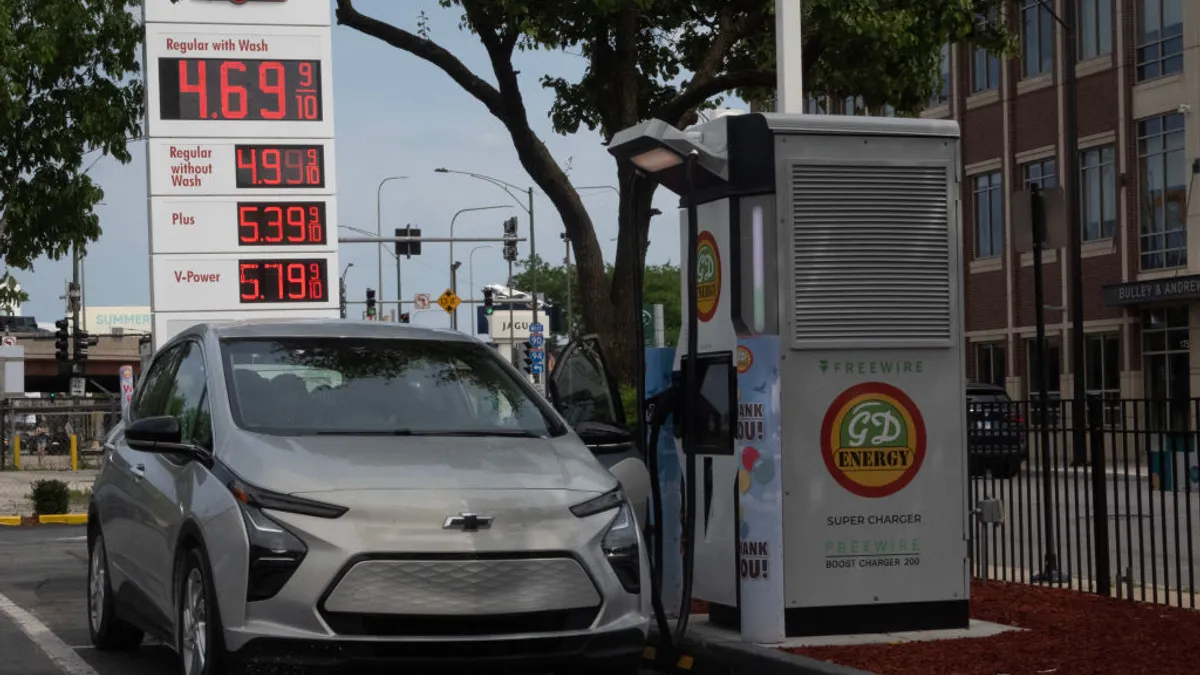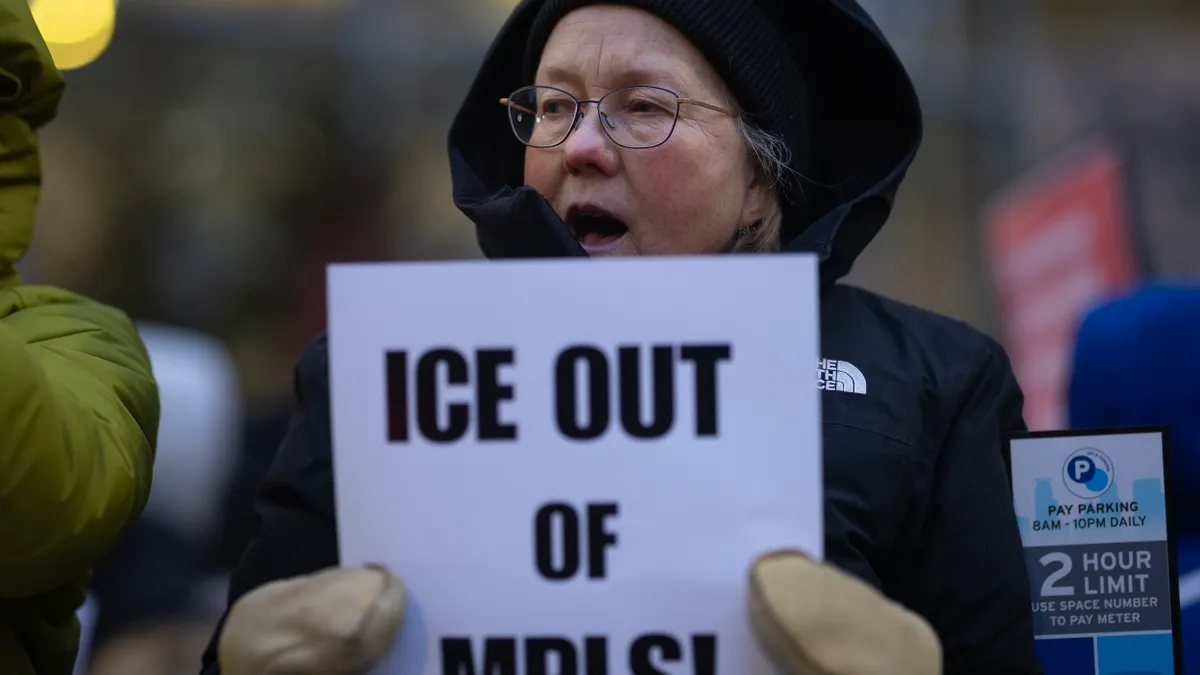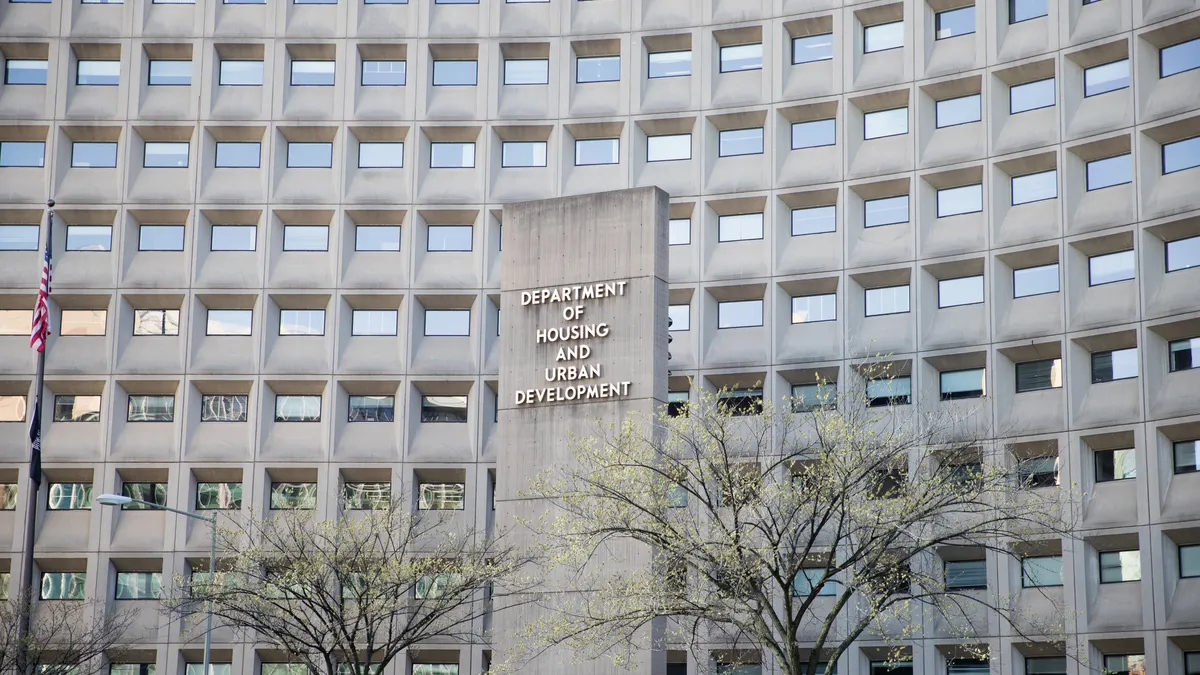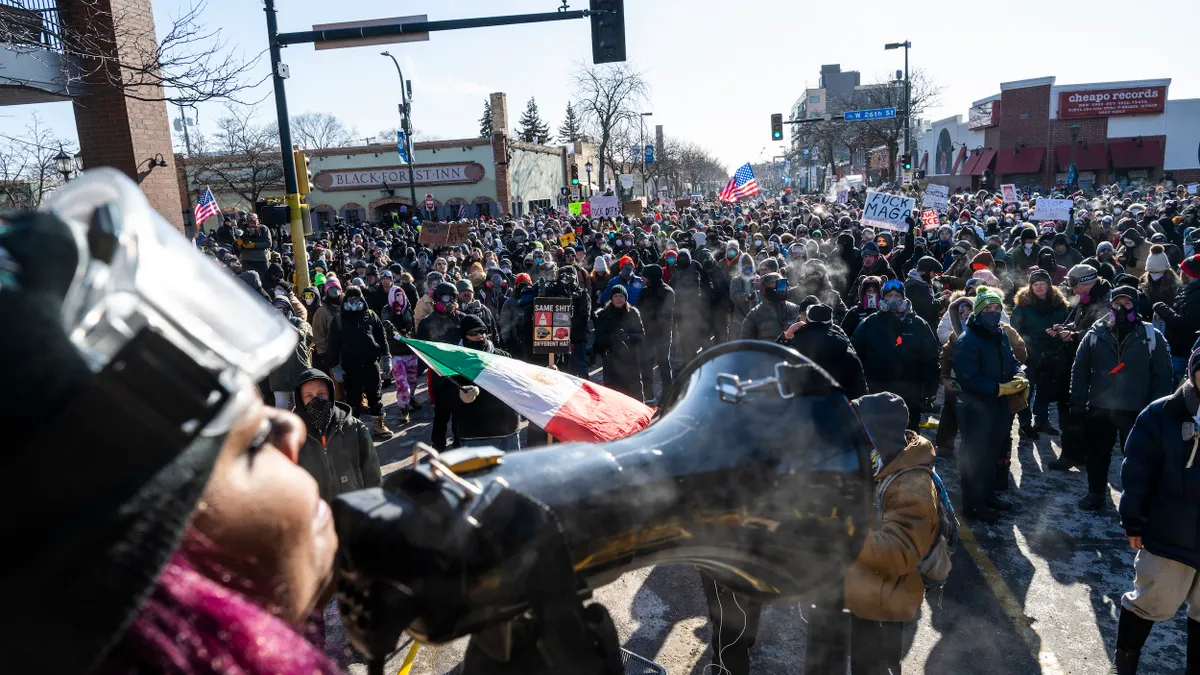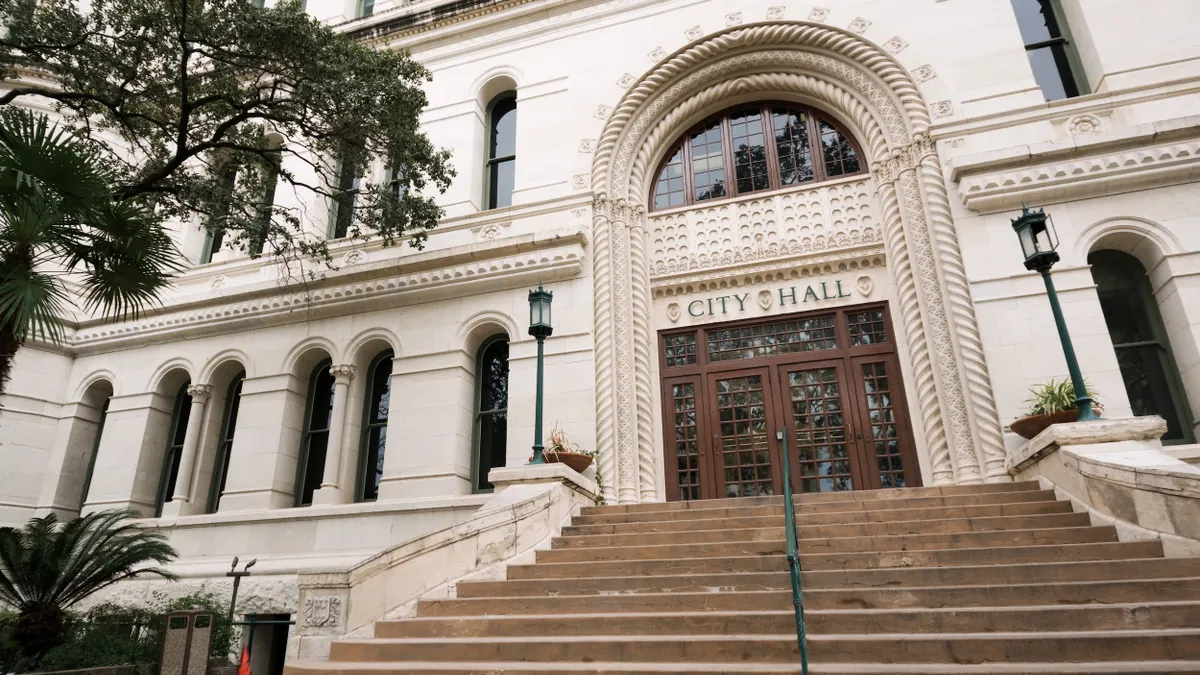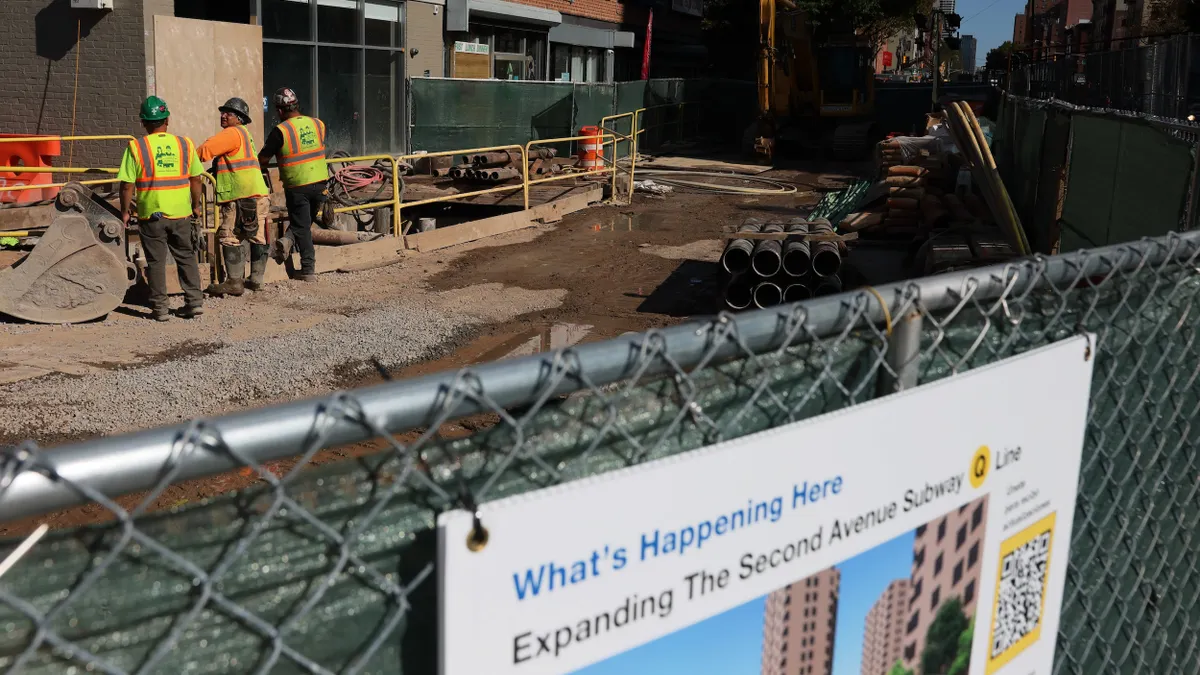Page 3
-
Tracker
Robotaxis: The latest developments
The Tesla Cybercab will go into production in April, according to Elon Musk, and Tesla owners could one day enlist their vehicles in the company’s robotaxi fleet.
Updated Feb. 2, 2026 -
The Smart Cities outlook for 2026: Pressure points for city leaders
As cities navigate housing reform, transportation needs, climate resilience, AI and changes in federal funding, 2026 will be a consequential year for how they govern, budget and protect their autonomy.
-
Ohio DOT-Honda project demonstrates connected vehicle road hazard detection
Connected vehicle data could improve worker safety and reduce costs, partners said about the two-year project's results.
-
Where one investor sees distressed apartment opportunities
Neighborhood Ventures is launching a second opportunistic $25 million fund to acquire troubled multifamily properties.
-
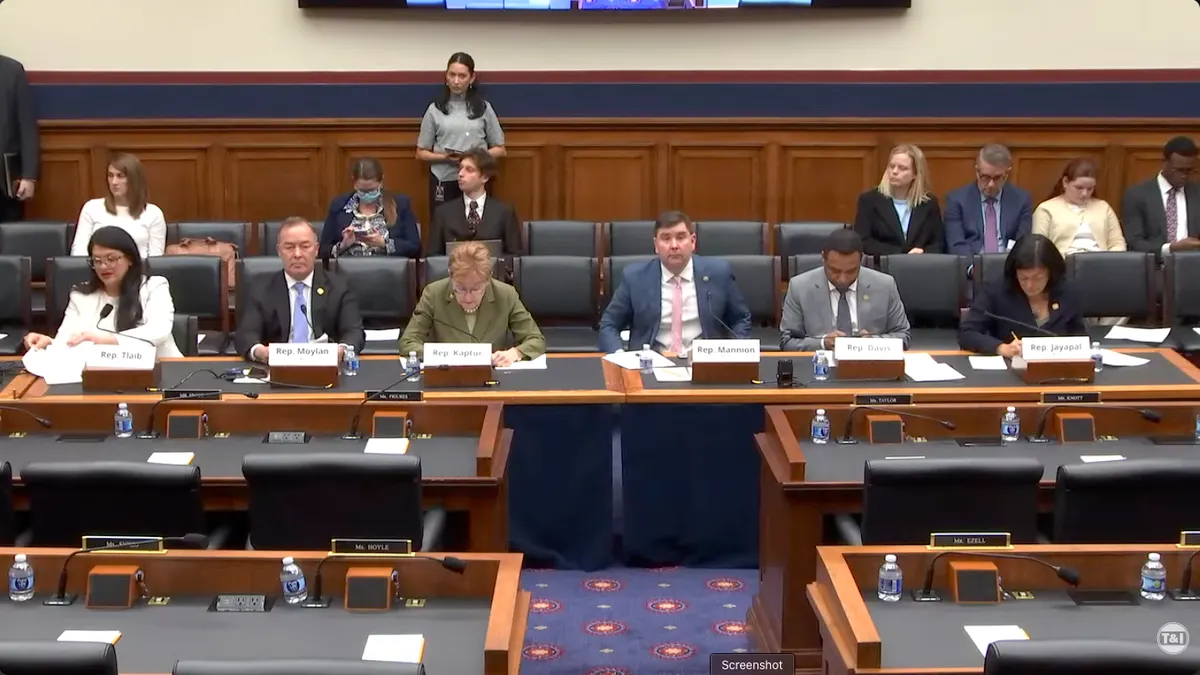
 (2026). "Committee on Transportation and Infrastructure Member Day" [Video]. Retrieved from T&I Committee Republicans/YouTube.
(2026). "Committee on Transportation and Infrastructure Member Day" [Video]. Retrieved from T&I Committee Republicans/YouTube. Deep Dive // Surface Transportation Legislation
Deep Dive // Surface Transportation LegislationSurface transportation bill will shape the U.S. transportation outlook
Preserving public transit funding, increasing safety and issues of local and state control are among stakeholder priorities. Can lawmakers forge a bipartisan path forward?
-
How cities are using AI in 2026
“We’re all in learning mode … and looking at it with a wary eye,” one mayor said about AI’s potential for municipal operations. Read more in this 2026 outlook.
Updated Feb. 2, 2026 -
Minneapolis, Philadelphia and Miami metros debate incinerator plans
Advocates continue to pressure officials to close or cut off waste shipments to incinerators in Minneapolis and the Philadelphia area. But progress continues on an incinerator in Miami-Dade County, Florida.
-
Local officials nationwide move to hold federal immigration agents accountable after Alex Pretti’s death
Mayors, attorneys general and lawmakers are advancing new laws and coalitions to prosecute federal agents who exceed their lawful authority. “It can happen anywhere,” a Minnesota mayor said.
-
Hudson Tunnel construction may stop as Trump withholds funding
Nearly 1,000 workers will lose their jobs on Feb. 6 if the $16 billion project in New York and New Jersey is put on hold, the project authority said.
-
Q&A
How Trump could make good on his threats to cut ‘sanctuary’ city funding
The administration could quietly squeeze cities through discretionary grants, a legal expert says. Here’s how cities should prepare for Trump’s Feb. 1 deadline.
-
Trump administration must release EV charger funds, court rules
The court order clears the way for states to implement infrastructure plans they’ve worked for years to develop, the Southern Alliance for Clean Energy said.
-
Federal immigration agents to begin leaving Minnesota, Frey says
A judge asked for supplemental briefings in Minnesota’s bid to halt Operation Metro Surge as the Minnesota secretary of state refused the U.S. attorney general’s request for access to voter registration data.
-
LA to build computer-controlled subway line along Sepulveda corridor
The $24 billion project could cut travel time in half and improve air quality and traffic safety, Los Angeles County’s transit agency says.
-
HUD orders citizenship verification for 200,000 tenants
Public housing agencies must check and report on the eligibility of tenants flagged in the new EIV-SAVE Tenant Match Report.
-
After Pretti shooting, Minneapolis warns immigration operation is straining public safety resources
The Minnesota National Guard is deployed as a judge blocks DHS from altering evidence in the shooting. “This is taking an enormous toll,” the Minneapolis police chief said.
-
Expectations, reality can differ for new mayors’ first 100 days, study finds
Administrative realities dominated 15 mayors’ first 100 days in office, according to a Bloomberg Center for Cities report.
-
Colorado bills take ‘big swing’ at state’s housing shortage
As the state pushes to ramp up development, a lawsuit from several municipalities accuses it of overstepping its authority.
-
Lawsuits target EPA rollback of coal plant water pollution standards
The plants need flexibility to meet rising electricity demand, the EPA says. Environmental groups argue that undermines Clean Water Act protections for rivers and drinking water sources.
-
Congress advances transportation funding bill
The legislation largely maintains funding for public transportation and passenger rail but slashes a program to add intercity passenger trains.
-
Supreme Court broadens police authority for warrantless home entry
The Case v. Montana decision replaces the Fourth Amendment’s “probable cause” requirement with “objective reasonableness” when officers believe someone is in danger.
-
New Jersey towns hit another wall in fight against state’s affordable housing mandate
A federal judge dismissed a lawsuit a coalition of 27 localities filed over New Jersey’s affordable housing law. The towns vow to keep fighting.
-
Trump issues order to curb single-family home sales to large investors
The executive order directs the attorney general to review housing acquisitions by large institutional investors for “anti-competitive practices.”
-
Minnesota police chiefs call out federal immigration agents while mayors face DOJ subpoenas
The Department of Justice demanded records from the governor, mayors and prosecutors, while law enforcement leaders warned that immigration enforcement tactics are eroding public trust in policing.
Updated Jan. 21, 2026 -
Remote work, extreme weather reshaping urban traffic patterns, report finds
Los Angeles, Honolulu, San Francisco and New York City are the nation’s most congested cities in TomTom’s 2025 traffic index.
-
HUD launches fair housing investigation into Minneapolis
The city said the probe “appears to be about politics, not affordable housing.”
To find more content, use the "Topics" in the menu above.

